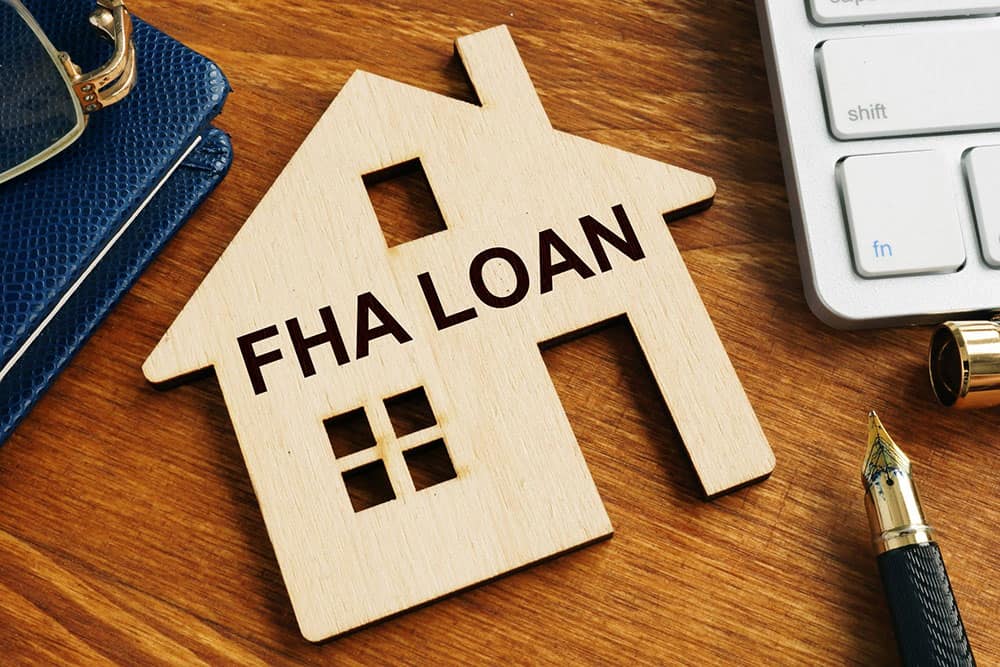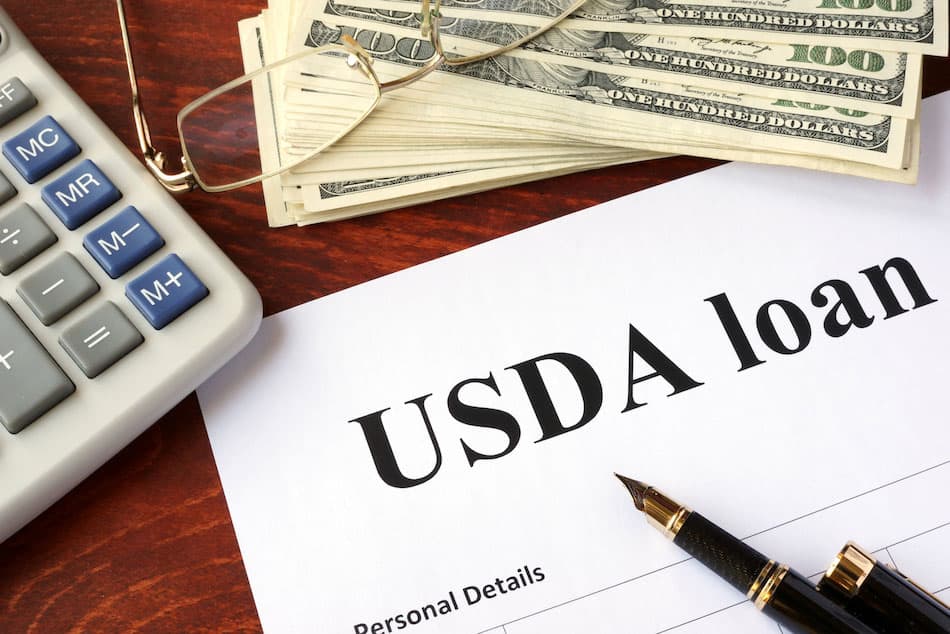Your Most Trusted Partner in Home Purchase Loans & Refinance Loans
Open Hours: Mon. - Fri., 9:00 a.m. - 6:00 p.m.


Your credit score is one of the most important requirements in conventional mortgage loans. To qualify for a conventional home loan, lenders will require a credit score of at least 620. But if you want to receive a lower interest rate and better deals, you'll need to improve your credit score to at least 740.
Having a certain amount of funds in your bank account is not enough to qualify for a conventional loan. You need to prove to the lenders that you earn enough income to comfortably settle the monthly mortgage payment. To verify this, your mortgage lender will require you to provide documentation which might include the following:
Lenders would feel assured if they see proof of at least two years of steady income. This means that there should be no gaps in employment during this time. If ever you change jobs, it should be in the same field. Switching jobs from, let's say, a teacher to a firefighter, with less than two years on the new job, can most likely fail your mortgage application.
If you're self-employed, your main income verification would be your tax returns. But lenders would still want to see proof of stable income for the past two years.
If you receive additional forms of income such as alimony, child support, or bonuses, you will also need to provide documentation for those.
Contrary to popular belief, you don't need a 20% down payment to buy your first home with conventional mortgage loans. Nevertheless, making a bigger down payment would reward you with lower monthly payments and lower mortgage rates.
The down payment you need to provide depends on your situation:







A VA loan is a mortgage program guaranteed by The Department of Veterans Affairs. This type of loan is only available for veterans, active-duty servicemen, and their surviving spouses.
Although VA and conventional loans have similar requirements, VA loans do not require a down payment or mortgage insurance. However, borrowers would have to pay a funding fee which will cost about 2.3% of the loan amount. This one-time fee will be used to support the VA loan program. The funding fee can be paid in full upon closing or be included in the loan and paid over time.
Another appealing feature of a VA loan is that it doesn't have a loan limit. However, the amount you can borrow will still depend on your ability to pay.
VA loans can only be used to purchase a home that will become your primary residence. And although there's no limit to how many times you use a VA loan, you can only have one VA loan at a time.
Federal Housing Administration (FHA) loan is another popular loan program that is often pitted against a conventional loan. It's a government-backed mortgage and is often the choice for first-time borrowers who haven't built adequate credit scores yet.
Just like a conventional mortgage, an FHA loan requires a mortgage insurance premium (MIP) if you have less than a 20% down. However, unlike private mortgage insurance, MIP will not automatically cancel and will remain for the life of the loan.
So even though the minimum credit score requirement for FHA loans is just 500, it will eventually become more expensive than conventional mortgages.


The U.S. Department of Agriculture (USDA) loan is another government-backed mortgage program. But the key difference between USDA and a conventional mortgage is that the USDA loan can only be used to purchase homes in places that fit USDA's description of a rural area. Additionally, the home you purchase with a USDA loan should be your primary residence.
With a conventional mortgage, the bigger and more stable your income is, the more likely lenders are to accept you. But with a USDA loan, your household's income should not be more than 115% of the local median salary.
And although USDA loans don't require a downpayment and mortgage insurance, you'll be asked to pay a funding fee upon closing and monthly.
There are a lot of choices when it comes to mortgages. But conventional loans stand out from the rest because of having low down payments, flexible terms, and competitive rates. And although it can be challenging to qualify for, the benefits you'll receive in the long run will make it worthwhile. As long as you have good credit scores, a stable source of income, and have the ability to pay the down payment and closing costs, you are likely to qualify for conventional home loans.
Need help with your conventional mortgage application? Our mortgage broker in Tampa is more than ready to help you. With our experience and wide network of lenders, you'll have a stress-free mortgage process. Our mortgage experts will be with you from the application until you get the keys to your home. Call Ebenezer Mortgage Solutions today at (813) 284 - 4027 so we can start working on getting your dream home.
